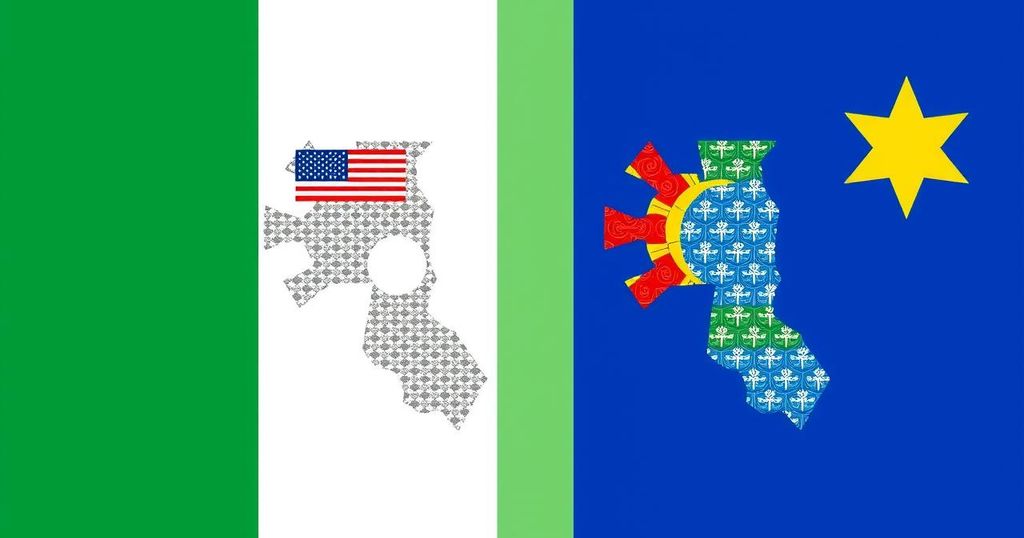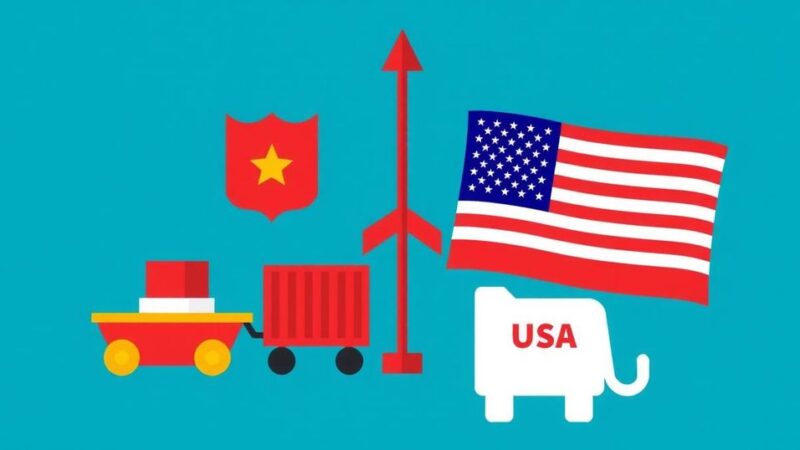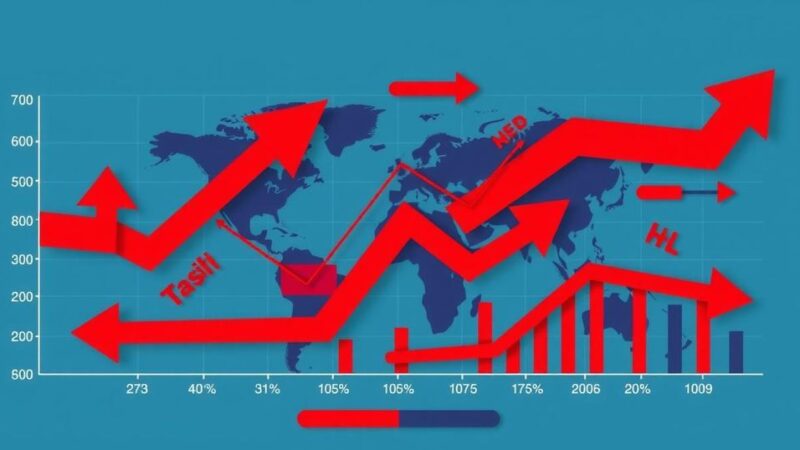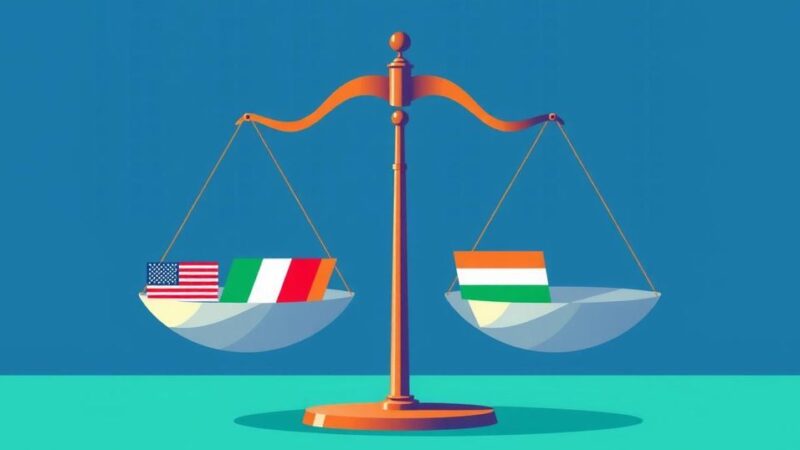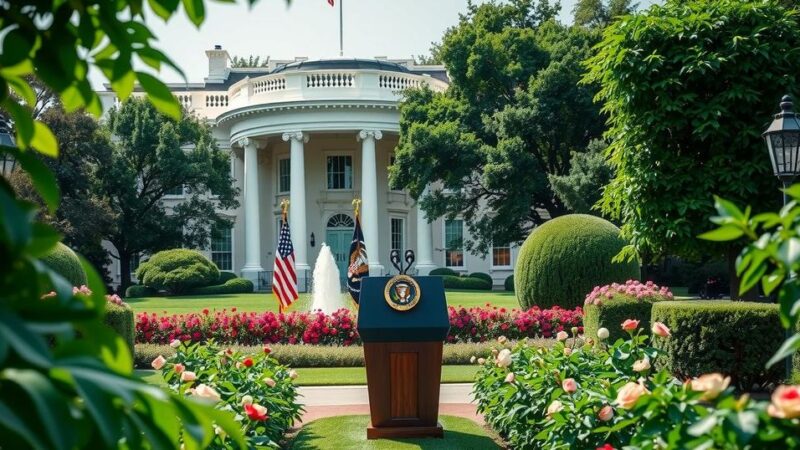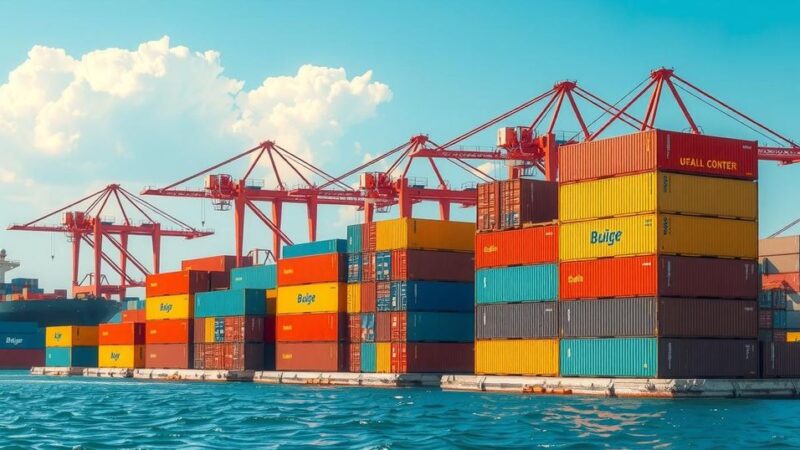Nigeria and twelve other nations have officially joined BRICS as partner countries at the recent summit in Russia. While they work towards full membership, no new full members will be accepted into BRICS until 2024. The initiative, which began with Brazil, Russia, India, and China, has evolved to include numerous countries aiming for economic collaboration and growth.
During the ongoing BRICS summit in Russia, Nigeria, alongside twelve other nations, has been accepted as a partner country within the BRICS initiative. In total, thirteen new nations have joined this group as partner countries, though BRICS has opted not to welcome any new countries as full members for the year 2024. These thirteen countries are now working towards potential full membership in the future. The current full members of BRICS include Brazil, Russia, India, China, South Africa, the United Arab Emirates, Iran, Egypt, Ethiopia, while the officially recognized partner countries now encompass the recently joined nations: Algeria, Belarus, Bolivia, Cuba, Indonesia, Kazakhstan, Malaysia, Nigeria, Thailand, Turkey, Uganda, Uzbekistan, and Vietnam. BRICS originated from an acronym introduced in 2001 by economist Jim O’Neil from Goldman Sachs, which initially represented the economies of Brazil, Russia, India, and China. These nations were characterized as large, middle-income countries with rapidly expanding economies, and O’Neil predicted they could emerge as leading global economies by the year 2050. The collaboration among these four countries began formally in 2006, with South Africa joining in 2010, which led to the establishment of the BRICS group.
The BRICS summit serves as a significant platform for these emerging economies, emphasizing cooperation and collective strength among member nations. The addition of Nigeria and twelve other countries as partner countries highlights the expanding influence and collaborative potential of the BRICS initiative. This strategic gathering allows members and partners to engage in discussions that are critical for economic growth and political solidarity on a global scale. The historical context of BRICS, from its inception to its current status, reflects the changing dynamics in international relations and economic power.
In conclusion, Nigeria and twelve other nations’ acceptance as partner countries in the BRICS initiative represents a pivotal moment in global economic collaboration. The continuing evolution of BRICS, with its emphasis on expanding partnerships, demonstrates its commitment to fostering strong economic relationships between emerging and established economies. The initiative’s history underscores its transformative potential as these countries work together towards shared goals.
Original Source: www.bbc.com
